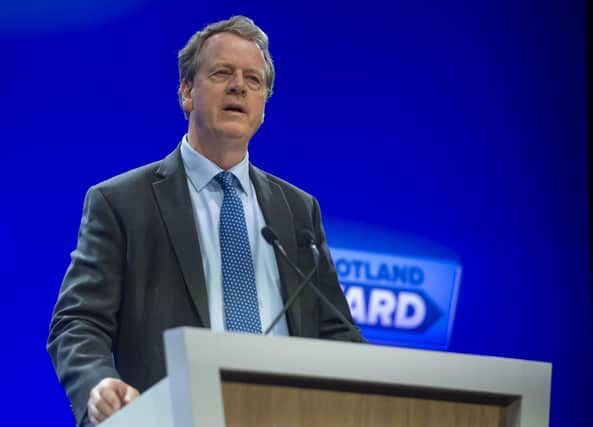Should we be outraged at politicians betting on elections?


Politicians betting on the general election date has dominated the headlines over the last week - but political insiders having a flutter on outcomes is not a new concept and not as scandalous as it might seem.
The Conservatives have come under fire as several candidates are being investigated by the Gambling Commission over bets they placed on the 4 July general election date before Rishi Sunak announced his intention to hold the poll. Those investigations are ongoing, however, the party eventually suspended those candidates who are being probed - although they remain on the ballot paper.
Advertisement
Hide AdAdvertisement
Hide Ad

Using prior knowledge or inside information to win money unfairly is not only potentially a criminal offence, but is a terrible look for any politician.
A Labour candidate, Kevin Craig, has been suspended by the party after bizarrely betting against himself - in what he branded a “stupid error”. At first glance, Labour’s decision to withdraw support from Mr Craig seems like a knee-jerk reaction to the toxicity now surrounding gambling and politics - given he had no prior knowledge of what he was putting money on.
Outgoing Conservative Scottish Secretary Alister Jack has also been thrown into the saga after he admitted placing a winning bet in April that the election would take place between July and September after coming out empty-handed from two similar bets in March.
Mr Jack is not being investigated by the Gambling Commission and has not broken any rules. His bet is not in the same league as some of his Tory colleagues - but it has propelled the issue of politicians placing bets into the spotlight.
One example is Scottish Liberal Democrat leader, Alex Cole-Hamilton, who has openly admitted that he has placed bets on his party candidates winning contests. There is a culture of this in politics and it is not against any rules.
Mr Cole-Hamilton, who has put similar bets on during previous elections, said he’s put “a number of very small punts on a couple of races” in the vote. But he insisted “that’s only because I know the candidates”, and crucially he is “also prepared to lose my money”.
The Edinburgh MSP, correctly, said that what he does is “a very different kettle of fish” to the Gambling Commission investigating Tory candidates betting on the election date, potentially with prior knowledge of the PM’s intentions.
Mr Cole-Hamilton’s UK leader, Ed Davey has also admitted previously betting on how the Liberal Democrats would fare in the 2010 election, but he lost.
Advertisement
Hide AdAdvertisement
Hide AdOne Holyrood source claimed: “it’s not unusual for politicians to essentially put money on their pals to win their seat”, adding that “you have no influence over the result” and “it’s a bit of fun – not a money-making scam”.
They added: “It’s not the same as what we are hearing about down south and it’s not the same as footballers betting on a game that they can sway.”
Outrage about politicians having a legal flutter on their colleagues risks undermining genuine concerns about apparent insider trading. But will politicians face stronger rules and transparency about flutters? I wouldn’t bet on it.
Comments
Want to join the conversation? Please or to comment on this article.
